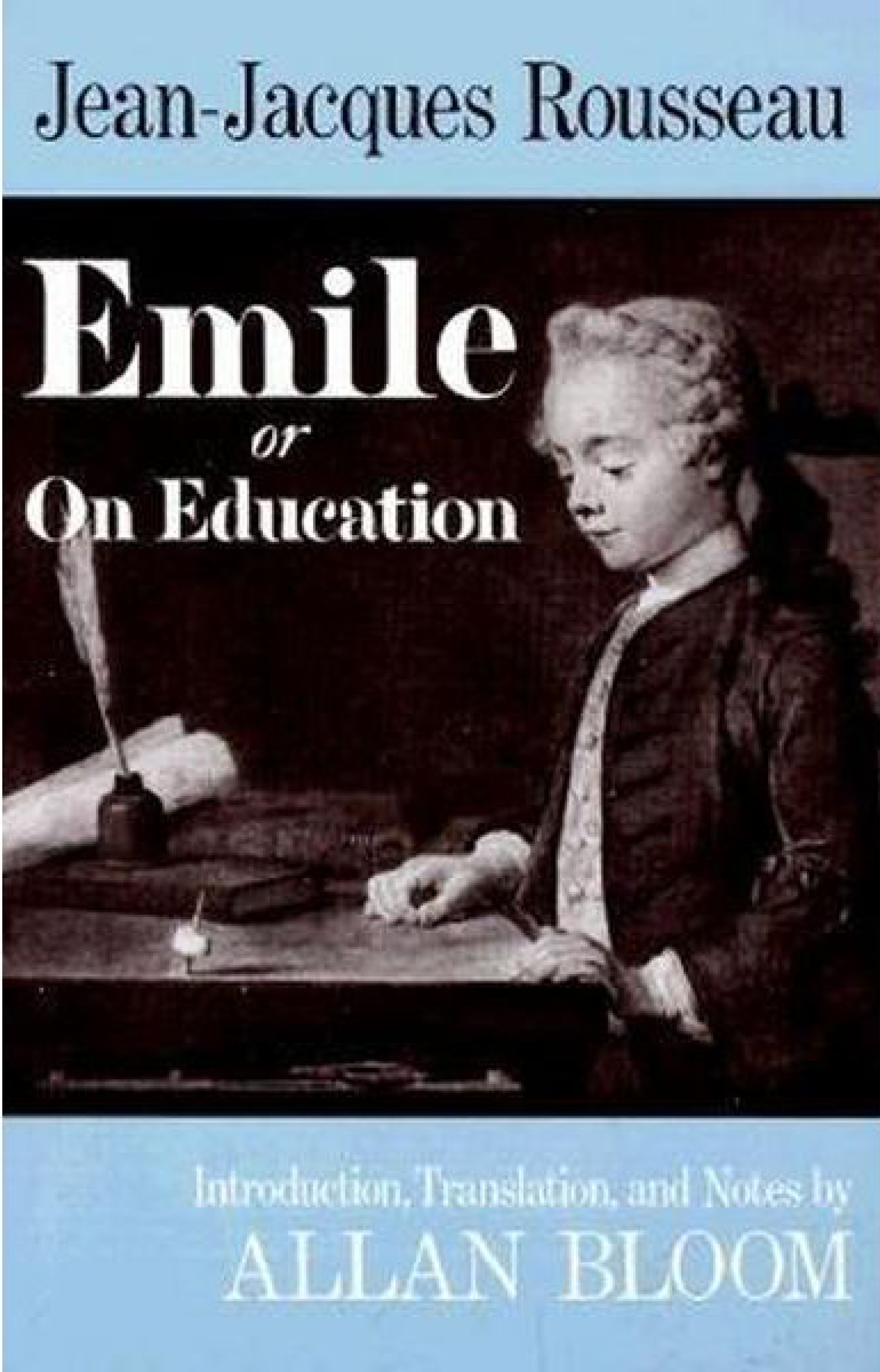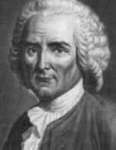

In maturity, he principally explores the first political route, aimed at constructing institutions that allow for the co-existence of equal sovereign citizens in a community the second route to achieving and protecting freedom, a project for child development and education, fosters autonomy and avoids the development of the most destructive forms of self-interest.

Rousseau a fact that in the modern world, humans come to derive their very sense of self from the opinions as corrosive of freedom and destructive of authenticity. This concerns a material dimension and a more important psychological dimensions. The concern to find a way of preserving human freedom in a world of increasingly dependence for the satisfaction of their needs dominates work. Own firmly negative view saw the post-hoc rationalizers of self-interest, apologists for various forms of tyranny, as playing a role in the modern alienation from natural impulse of humanity to compassion. This important figure in the history contributed to political and moral psychology and influenced later thinkers. Swiss philosopher and writer Jean Jacques Rousseau held that society usually corrupts the essentially good individual his works include The Social Contract and Émile (both 1762).

In addition to his translation of this classic of Enlightenment philosophy, Bloom offers an incisive introduction that connects the structure and themes of Rousseau’s book to timeless questions about teaching children which have persisted in the field of education, helping readers understand how to implement the philosopher’s broader insights into the possibilities-and limitations-of human nature. Initially published in 1763 at the height of the Enlightenment, Emile articulates Rousseau’s philosophy of education through the novelistic device of a fictional tutor’s encounters with his pupil from infancy to adolescence, illustrating how ideal citizens can be raised to survive in a corrupt society. The definitive translation of Rousseau’s Emile, a foundational text in the philosophy of education Widely hailed as the most accessible and authoritative edition of Jean-Jacques Rousseau’s Emile, or On Education, this acclaimed translation by bestselling author Alan Bloom elevates what Rousseau considered to be the “best and most important” of his published writing into something more: a prescription, fresh and dazzling, for the education of autonomous, responsible-and truly democratic-human beings.


 0 kommentar(er)
0 kommentar(er)
